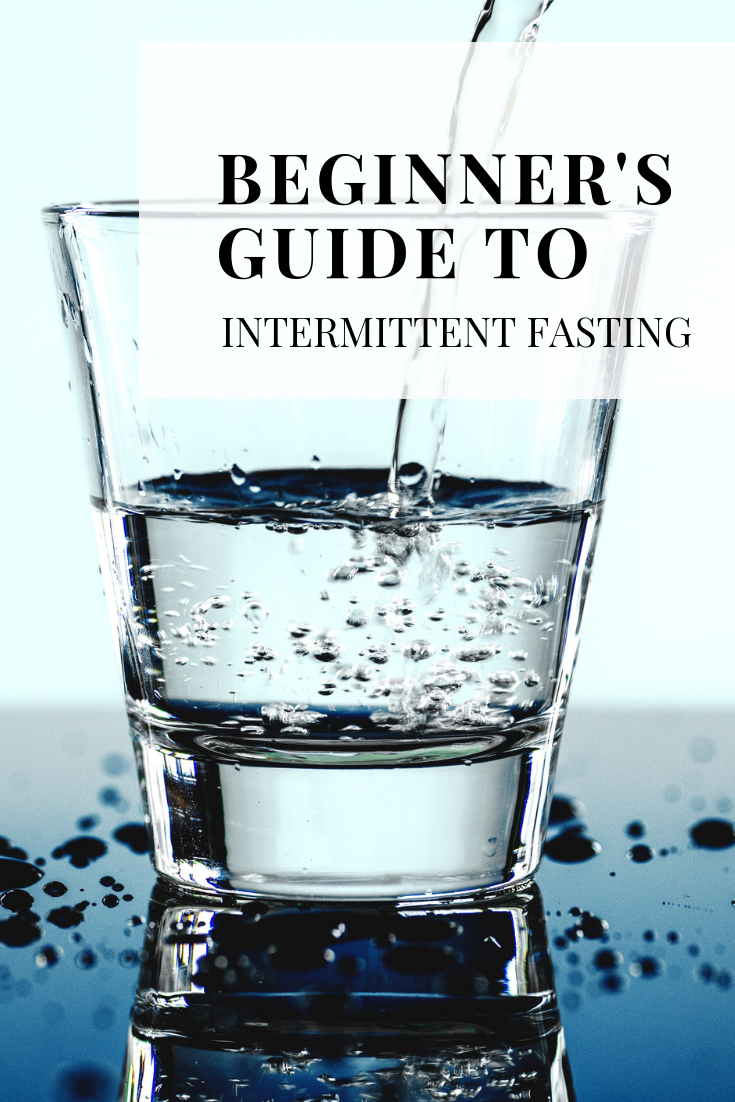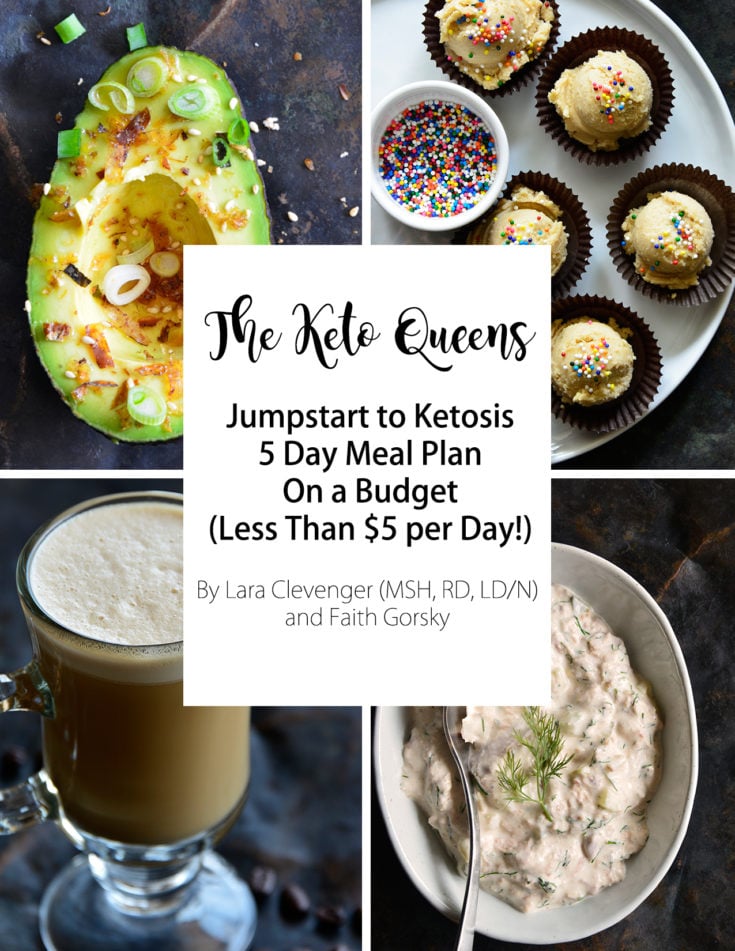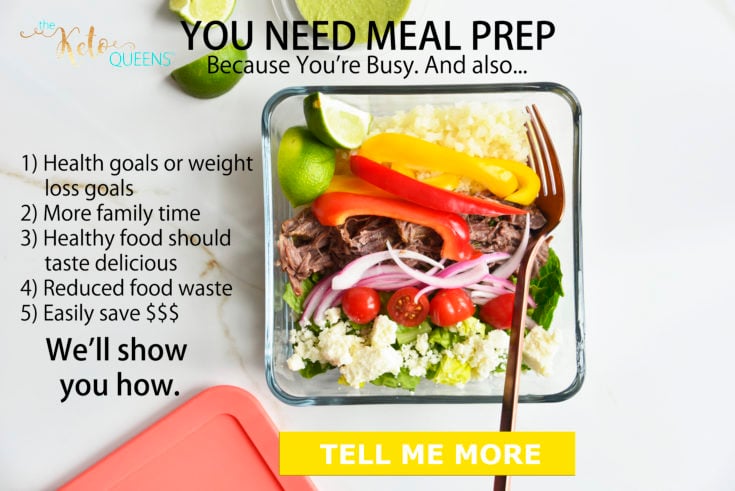Intermittent fasting, it sounds scary. It sounds like STARVATION. But what is fasting?

Is it healthy? Is it just another fitness and weight loss trend?
Today we’re going to take a deep dive into intermittent fasting and hopefully bring you a little clarity.
What is Intermittent Fasting?
Intermittent fasting, also known as IF, is a way of eating. It has two different states, a feeding state and a fasting state. It doesn’t dictate what you can or cannot eat, but instead WHEN you can eat.
Obviously if you’ve come to this website you are probably following a keto diet, and fasting and a keto diet go hand in hand. Some people even start IF as a way to get into ketosis easier because it allows them to limit their carbohydrate intake.
Fasting has been a part of human nature since the very beginning. We haven’t always had access to food 24/7. We have had to endure times of famine (fasting) and then enjoyed periods of feasting (feeding).
Fasting is also a major part of many religions. For example, Muslims practice fasting during the holy month of Ramadan when they fast from dawn until sunset.
The Science Behind Intermittent Fasting
Fasting does not equal starving. Depending on the length of your fast, your body may undergo hormonal changes, gene expression, and cellular repair. All by skipping a meal or two?
When we fast, a few things happen:
- Increased Immune System – When we fast, our immune system undergoes a process called autophagy. This is basically the body’s way of cleaning up old and damaged cells. Fasting is also linked to immune system regeneration!
- Increased Release of Human Growth Hormone (HGH) – HGH has been linked to fat loss, muscle gain, testosterone boost, and stronger bones.
- Improved Insulin Levels – Improvement in insulin sensitivity is seen with IF, which also makes tapping into fat stores easier.
- Gene Expression – Fasting has been linked to longevity. Dr. Rhonda Patrick, who I call the go-to person for the science behind longevity, has an amazing website and podcast that goes into a ton of science behind it all. Prepare to have your mind blown.
How to Intermittent Fast
Throughout the day we’re either eating or not eating. Some people eat three meals a day, some eat no meals and just snack all day, while others may skip a meal or two.
When we’re eating and digesting, our body is in a fed state, and while we are not eating and sleeping our body is in a fasted state.
An easier way to think of intermittent fasting is to actually think of it as intermittent feeding. So think of when you’re going to eat instead of when you cannot or should not eat.
Some people start doing intermittent fasting by just skipping breakfast because it’s easier. It’s super easy to be running late in the morning, and skipping breakfast can make your day a whole less stressful.
Someone who is following a fasting schedule where they skip breakfast typically follows a feeding schedule of breaking their fast around 10am and stops eating around 6pm, or breaking their fast around noon and eating their last meal around 8pm. This follows the standard LeanGains 16/8 fasting schedule.
How long does it take to digest and absorb all of my food and be in a fasted state again? Typically this process takes 8 to 12 hours after you ingest a meal.
Intermittent Fasting Benefits
- Weight loss – Weight loss without reducing calories, increasing exercise or changing the food you eat. With fasting, you are able to tap into your fat stores easier to use them as fuel.
- Improved insulin sensitivity- This is one reason why we are able to tap into adipose tissue (fat cells) easier.
- Decreased appetite – Who wants to think about food all day long?!
- Less meals to prepare – This saves time!
- Increased longevity – Again, Dr Rhona Patrick is the longevity expert and interviews a ton of leading experts in the fields of aging and longevity.
Is Intermittent Fasting Good for Losing Weight?
Yes! Most people start intermittent fasting as a way to cut calories and lose weight, but many end up staying for the other health benefits.
Can You Drink Water While Intermittent Fasting?
Yes! You can drink water, tea, and coffee while fasting.
Is There a Set Intermittent Fasting Schedule?
There is not one set way to intermittent fast. Some people skip breakfast, some people skip dinner, and others have an early lunch and early dinner. Some fast for 16 hours, while others fast for 20 or 23 hours.
But Which Fasting Schedule is Right for You?
You have to ask yourself that question and listen to your body (and talk to your health care practitioner if you have any underlying conditions).
Personally, I try to eat with my circadian rhythm. For me, that means eating when the sun comes up and finishing my last meal before dusk. This is usually a 12 hour feeding and a 12 hour fasting window.
During my fasting window, I try to only drink water or unsweetened iced tea (in the morning only). I’m currently trying to kick my coffee habit, so no coffee for me!
Other people like to follow the LeanGains protocol where they skip breakfast and have two meals per day, and are typically done eating by 8 or 9pm. This is usually an 8 hour feeding window and a 16 hour fasting window.
Eat-Stop-Eat or One Meal a Day (OMAD) – Some people do this every day or a few days per week. This is typically where someone skips breakfast and lunch, eats dinner, and then does not eat again until dinner the next day. This is typically a fasting period of 23 to 24 hours.
The Fast Diet or 5:2 Diet – This is a type of intermittent fasting where you eat normal calorie amounts for 5 days, and then limit yourself to 500 to 600 calories for 2 days out of the week (but not 2 days in a row).
Alternate Day Fasting or 4:3 Diet – this is very similar to 5:2 diet, but instead you alternate normal eating days with a day of fasting.
To Learn More About Fasting, Check Out These Books
That’s intermittent fasting in a nut shell! If you’ve tried this before, let us know your experience in the comments below.
Tips for Keto Success
Save Money and Jumpstart Keto
If you found this post and you’re ready to start a keto diet, check out our 5 Day Budget Keto Meal Plan to get into ketosis fast! You’ll get 5 days worth of recipes and eat for under $5 per day!
4 Week Keto Meal Plan
For something a little longer term, you might be interested in our 4 week keto meal prep course. It comes with 4 weeks of keto meal plans (1200, 1500, and 1800 calorie levels), weekly keto grocery lists, 40 keto recipe ebook, how to meal prep ebook, videos, and more!
Keto Recipe Inspiration
Or if you’ve been doing keto for a while and just need a little help with inspiration, we’ve got you covered! Check out our low carb and keto recipe collection.









Share Your Thoughts